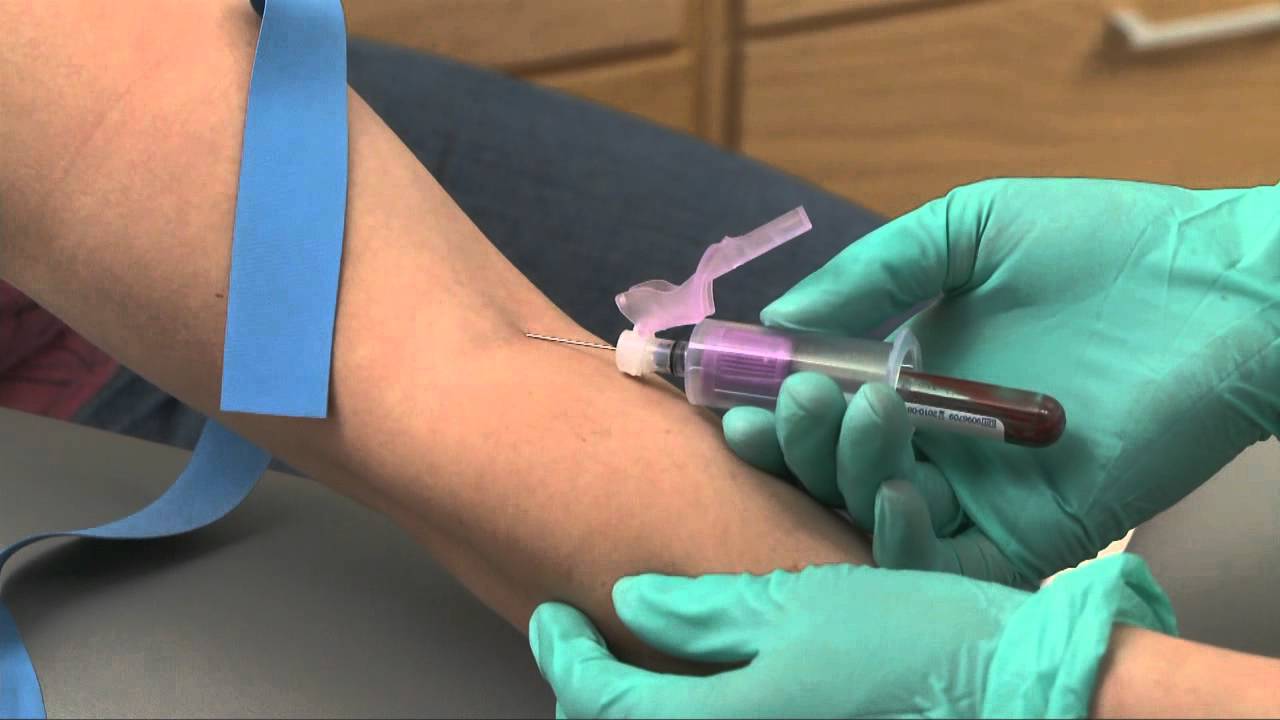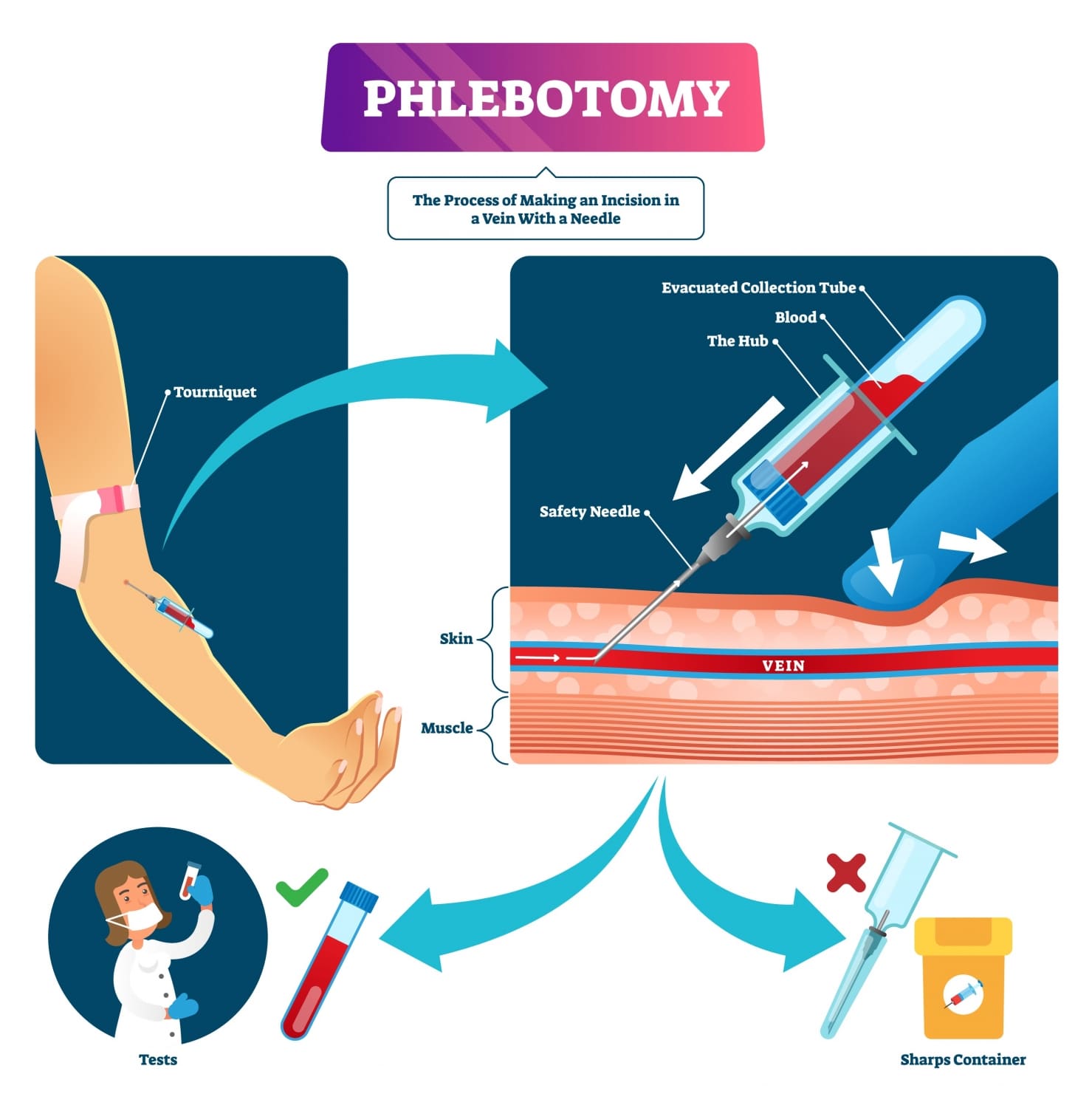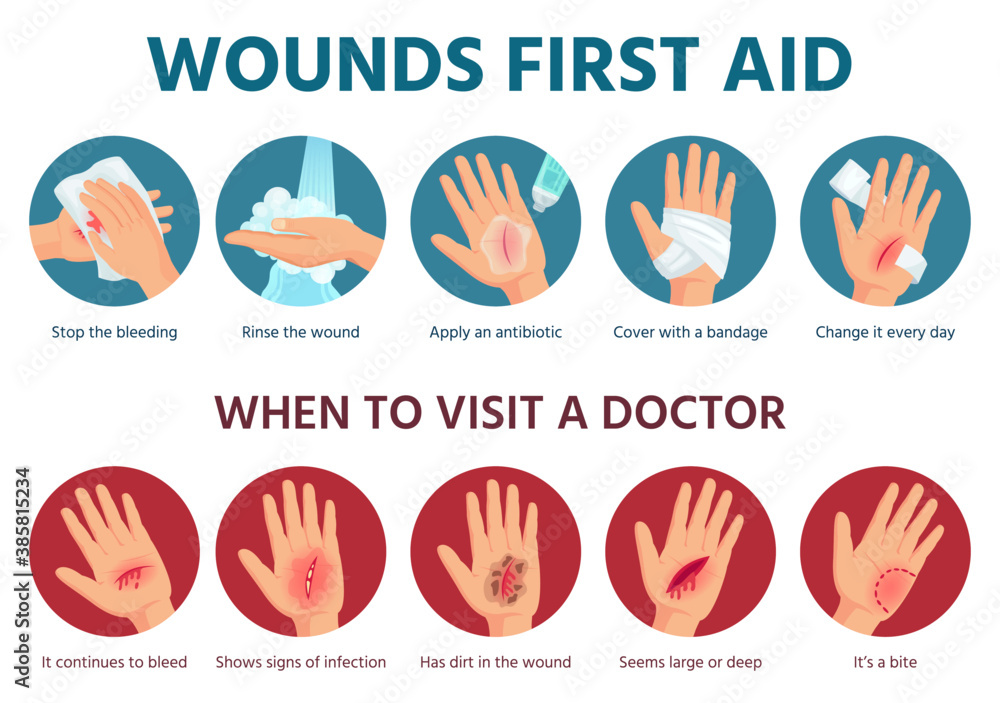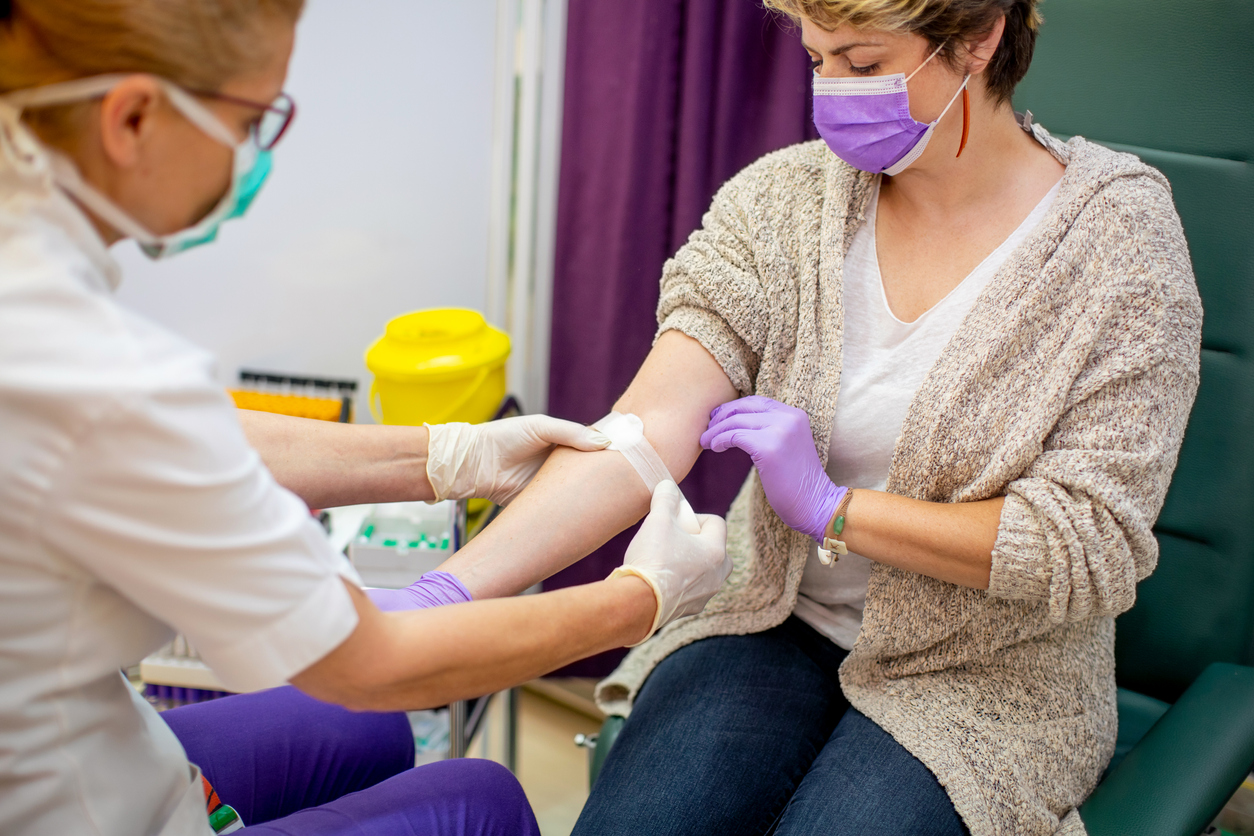When To Take Off Bandage After Blood Draw
When To Take Off Bandage After Blood Draw - Avoid activities that may strain the arm used during your procedure (such as. Remove the tourniquet, apply pressure to the puncture site with gauze, and secure it with a bandage. But, please remove the bandage before 24. Avoid lifting anything heavy with the affected arm for a few hours. Web collection guide > blood collections > after care instructions. Web an adhesive bandage is placed over the puncture site after the procedure. Put an ice pack or cold. Removing the bandage prematurely can. Keep pressure bandage/plaster on your arm for at least 30 minutes after donating. Limit the use of the arm (from which the blood was taken). Web you may remove your bandage 1 hour after your procedure. Web keep your bandage on for the recommended amount of time (unless you experience skin irritation at the puncture site). Use only mild tension when applying the tourniquet; There’s a risk of bleeding and bruising and a rare chance of. This is usually at least four to six hours. You may resume your everyday activities in 4 hours but do not do any heavy lifting (anything over. Keep pressure bandage/plaster on your arm for at least 30 minutes after donating. Avoid lifting anything heavy with the affected arm for a few hours. Apply firm pressure once the needle is removed and keep your bandage on for a few hours. • leave the pressure bandage on for at least 8 hours. Web after the right amount of blood is drawn, the nurse will remove the needle and place a pressure bandage (bandage that wraps around your arm) over the needle site (the. Web other countries have already stopped supplying the vaccine. But, please remove the bandage before 24. Web leave. Web leave cotton wool swab or bandaid in place for 1 to 3 hours. How to avoid bruising and/or bleeding from the needle site. Avoid lifting anything heavy with the affected arm for a few hours. Web an adhesive bandage is placed over the puncture site after the procedure. But, please remove the bandage before 24. To reduce the likelihood of side effects such as bleeding, discomfort,. Limit the use of the arm (from which the blood was taken). Avoid activities that may strain the arm used during your procedure (such as. The best way to prevent bruising is to apply firm, steady pressure on the site for 3 to 5 minutes after the. Web leave. Web an adhesive bandage is placed over the puncture site after the procedure. However, if you see blood soaking through. Web you may remove your bandage 1 hour after your procedure. Web collection guide > blood collections > after care instructions. Rest in the blood donation centre for at least 20 minutes. To reduce the likelihood of side effects such as bleeding, discomfort,. However, if you see blood soaking through. • leave the pressure bandage on for at least 8 hours. Web to help your hematoma heal, and to make your arm or hand feel better: Use only mild tension when applying the tourniquet; This is usually at least four to six hours. Web drawing blood and applying pressure or bandages after blood is drawn (see steps) taking blood pressure, pulse and respiration readings. Web an adhesive bandage is placed over the puncture site after the procedure. Web leave cotton wool swab or bandaid in place for 1 to 3 hours. Keep pressure bandage/plaster. Avoid lifting anything heavy with the affected arm for a few hours. However, if you see blood soaking through. • leave the pressure bandage on for at least 8 hours. You may resume your everyday activities in 4 hours but do not do any heavy lifting (anything over. Avoid taking aspirin or ibuprofen for the next 72 hours. Keep pressure bandage/plaster on your arm for at least 30 minutes after donating. How to avoid bruising and/or bleeding from the needle site. Web collection guide > blood collections > after care instructions. Limit the use of the arm (from which the blood was taken). Web leave the bandage on for at least 8 hours. Web once sufficient blood has been collected, release the tourniquet before withdrawing the needle. Web an adhesive bandage is placed over the puncture site after the procedure. Web after the right amount of blood is drawn, the nurse will remove the needle and place a pressure bandage (bandage that wraps around your arm) over the needle site (the. There’s a risk of bleeding and bruising and a rare chance of. Avoid taking aspirin or ibuprofen for the next 72 hours. However, if you see blood soaking through. Avoid activities that may strain the arm used during your procedure (such as. At this point, the wound should be more stable. The best way to prevent bruising is to apply firm, steady pressure on the site for 3 to 5 minutes after the. You may resume your everyday activities in 4 hours but do not do any heavy lifting (anything over. Web use your hand to apply manual pressure to the wound for 5 to 10 minutes. • leave the pressure bandage on for at least 8 hours. Keep pressure bandage/plaster on your arm for at least 30 minutes after donating. Rest in the blood donation centre for at least 20 minutes. Apply firm pressure once the needle is removed and keep your bandage on for a few hours after. This is usually at least four to six hours.
How to draw blood from a patient’s vein as painlessly as possible

Getting Your Blood Drawn What You Need to Know One Medical

Vene Finder Assisted Blood Draw SIFSOF

How To Draw Blood A StepbyStep Guide

How to draw blood from a patient’s vein as painlessly as possible

Bandage and gauze on an arm after a blood test Select focus with

First aid for wound on skin. Treatment procedure for bleeding cut

Venipuncture How To Draw Blood IN ONE GO (Instantly improve your

Blood Draw YouTube

Applying adhesive bandage after taking sample for blood test — Stanford
Web Afterward, You Should Keep The Bandage On For One To Two Hours And Watch The Site For Any Changes.
Web Take Supplements Within 24 Hours Of Your Blood Draw:
Web You May Remove Your Bandage 1 Hour After Your Procedure.
It’s Best To Hold Off Taking Any Supplements Right Before Your Blood Draw.
Related Post: